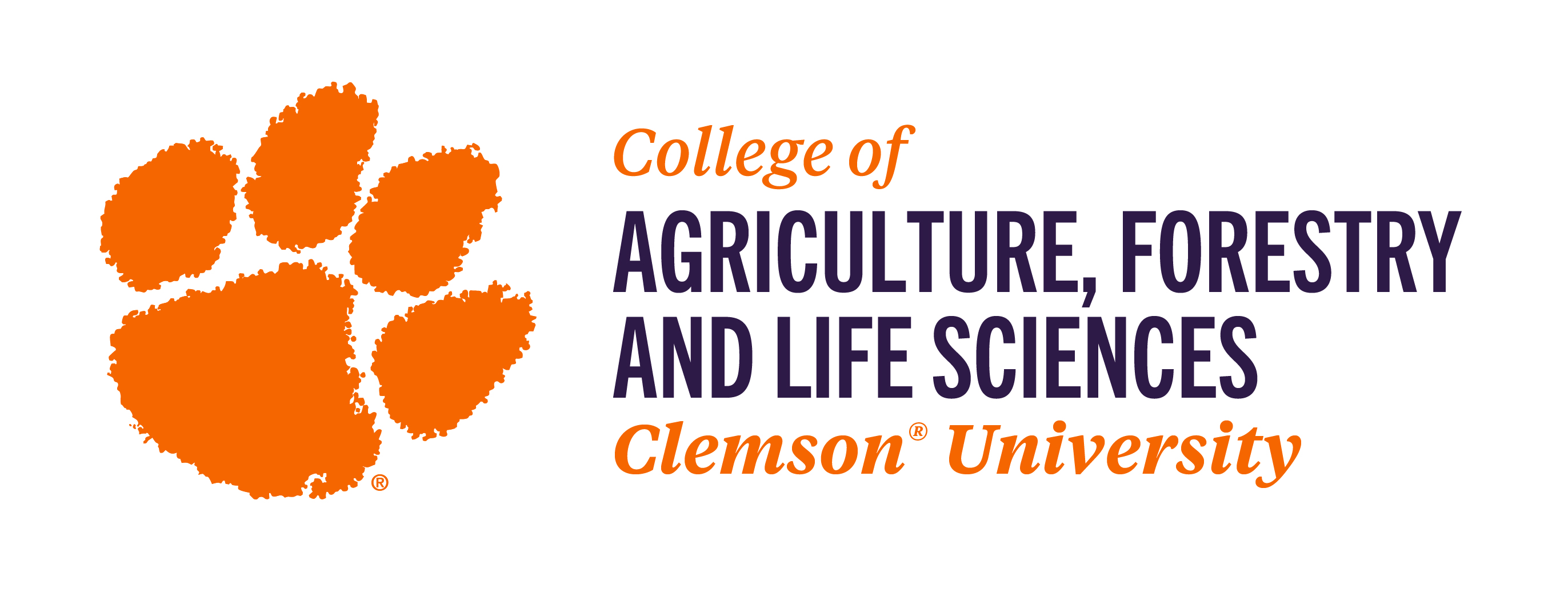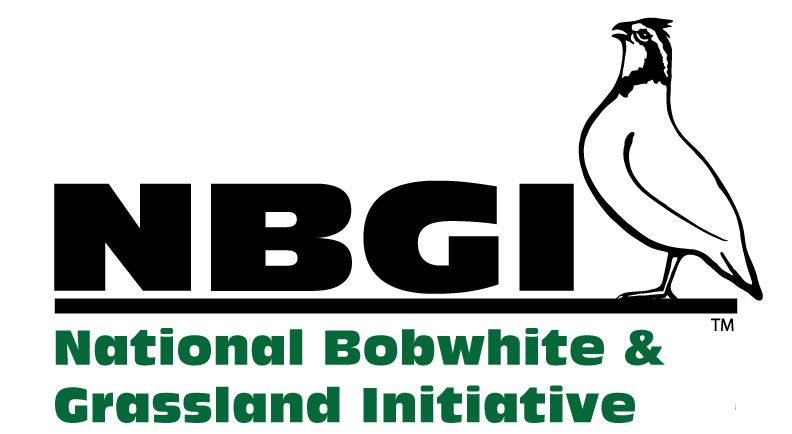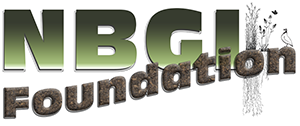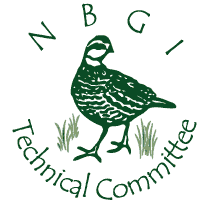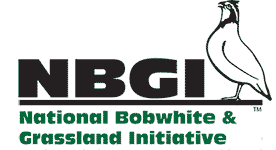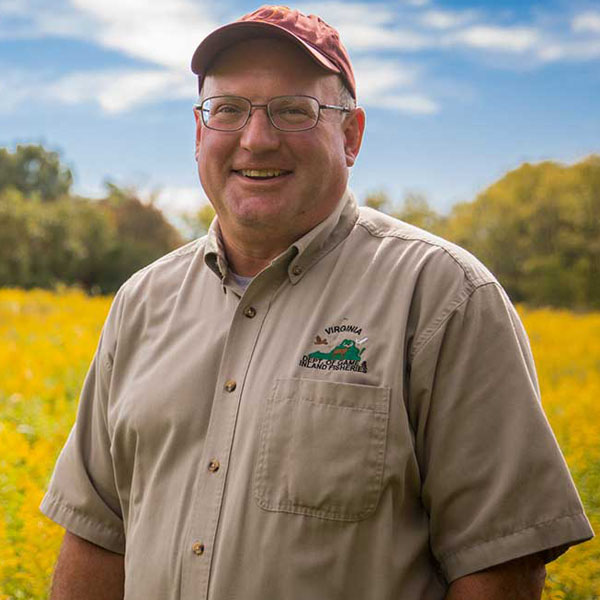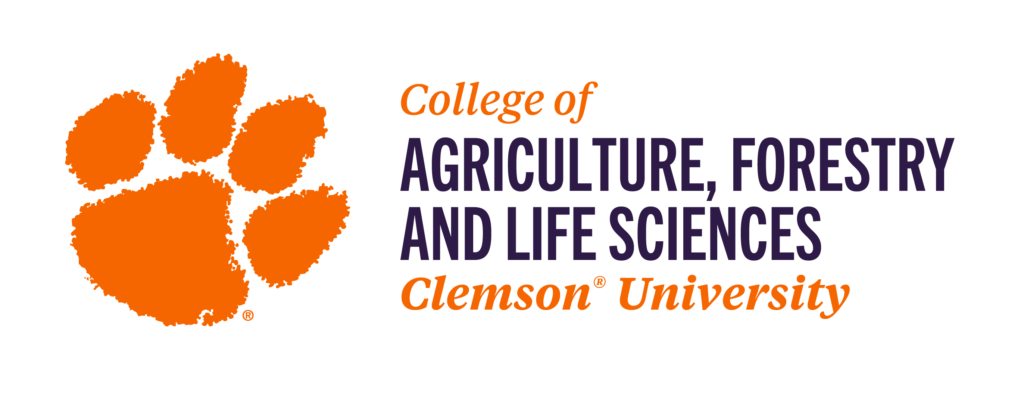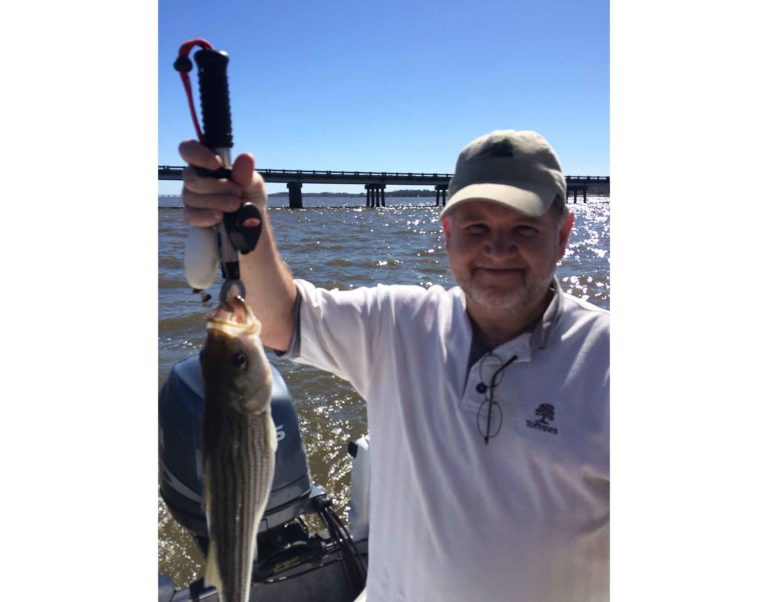
Back in April of 1993, I was a graduate student of Dr. Pete Bromley’s out of NC State. My project, located on Alligator River National Wildlife Refuge in Dare County, North Carolina relied on being able to trap enough wild quail to do home range and brood range analysis. My mentor, and sometimes field partner was Bill Palmer, before he became Dr. Palmer and CEO of Tall Timbers Research Station. We were just two students trying to figure it out. At that time, we barely knew how to catch quail and were still in the early stages of learning. Dr. Bromley and Bill showed up one day and Pete said, “Marc, I have great news… a whole contingent of Virginia Game Department biologists are coming here next week and you are going to teach them how to trap quail.”
“Huh? You mean I am working twelve hours a day, seven days a week now, trying to catch quail and work on a project and I am going to have to spend a couple days showing these folks around when I really don’t know what I am doing?” I don’t think I said that, but it was how I felt. The evening before our field tour, we met the contingent of biologists in Nags Head. I won’t list them all, there were seven or eight of them (all great people and biologists), but Mr. Mike Fies, Virginia’s Small Game Biologist, was the project lead.
The next morning our NC State contingent arrived five minutes early to meet the Virginia crew at the appointed place. By 8:10, no crew, by 8:20, still no Virginia delegation. We decided that if they were not there by 8:30, we’d go looking, as there were no cell phones then and we did not have compatible radios. About 8:25 we saw their convoy approaching. Mike drove a three-quarter ton Dodge Ram Charger, “the green tank” of which the window began to roll down as he approached me. There was not a “good morning” spoken, instead he stated, “I got a dang ticket!” (Or words to that effect…lol) I was afraid he blamed me and felt bad I had forgotten to tell him to be careful coming through Mann’s Harbor. I thought to myself, “Well…this sure went south in a hurry…what a way to start my first morning working with these folks. I may never work for the VDGIF.” But at that time, I did not know what a great guy he was, or what a role he would play in my career, or how good of friends we would become in years to follow. I realized after getting to know Mike he was not mad about getting the ticket, he was mad at himself for being late because of it. Professionals aren’t late. And this event that I dreaded ended up being one of the best things that ever happened in my life, though I am not sure I ever thanked Dr. Bromley for making me do it.
Mike recently retired after forty years of stellar service in multiple biologist positions with the Virginia Department of Wildlife Resources (AKA, Virginia Game Commission and Virginia Department of Game and Inland Fisheries). Over the thirty years I have known, worked with and been his friend, I have come to think of Mike as a “real, true, professional biologist” – The type I hope never disappears from our ranks, the real deal. For the young biologists reading this, I write it to give you an example of how to model your career, as the job comes with no playbook and very little guidance. For the landowners reading this, I hope it is an insight into all that we do as biologists, much of it never seen. And for Mike, I hope it shows how much I was paying attention all these years old Friend.
It is hard to define what I mean by the “real deal”, but for starters, he knows the biology of the species he has been responsible for extremely well. And he has a passion and love for them. From snowshoe hares to Northern flying squirrels, to otters, multiple rabbit species, squirrels, fishers, spotted skunks, mountain lions, coyotes and bobwhite quail, his memory for facts about them is unparalleled. And this includes memory of research papers published about them decades ago, and knowledge of the latest science, too. Professionals never stop striving to learn. Additionally, he has hands on experience with, and has done research on nearly all of them.
Speaking of research, Mike has designed and implemented many of his own studies, including developing his own databases and carrying out the field research with assistance from technicians and peers from time to time. Few biologists have as good a grasp of the logistics involved to implement complex field studies hours from home. On these projects Mike assisted in the field when needed and led by example. I recall during some of my early days working for Mike as a field crew leader on a quail research project, many long days in trying weather conditions and never hearing a complaint. Professionals don’t whine, and complaints go uphill not down or across (though it is OK to commiserate from time to time).
Of course, the animals and the field work are the golden part of the job, but there is so much more to it. Project leaders are responsible for harvest and season regulations for their species, and often assist other project leaders with theirs. The regulations review process can be onerous and contentious at times. It involves dealing with the public…the constituents without which we’d have no jobs. It’s not always fun. Mike embraced this process. He recognized how important the relationship between us, and our constituents was. He worked on some of the most contentious issues I have seen in my decades here. He managed to disagree without offending, and to lead without dictating. That ability stemmed from his respect for people, regardless of whether they agreed or disagreed with him. Mike also had / has the best memory for the history of regulations of any biologist I know. Regulations are like studying law (since they are laws…lol), for every current law there is some precedent, likewise with regulations, and to not understand that precedence is to try to move forward blind. Ever have a question about a regulation or agency history…just ask Mike.
Mike always had a can-do attitude and took pride in working for the agency. If we aren’t proud of who we work for, why should anyone else be proud of us? I recall in those days we all wore agency uniform items clearly displayed. One early November morning, Mike and I were driving to work one of the old-fashioned deer check stations in Bath County, those we did before CWD meant anything to anyone. Heading west into a freezing rain that got worse as we went; and driving at a snail’s pace, Mike gripped the wheel intently. We witnessed several fender benders but somehow managed to avoid one of our own. After seeing the third one, I said “Mike…maybe we ought to head back. This ain’t looking good.” He thought for a few seconds and said “No, we’re not that far out. It is supposed to warm up. They expect us to be there, and we will be.”
To be a true professional also means to serve the profession. Mike did this in bulk…even now, in retirement, he signed on again, for the second time to be President of the Virginia Chapter of The Wildlife Society. He has never shied away from being in a leadership role, having held nearly every office in the TWS chapter, as well as leadership roles on multiple regional and national working groups and committees. Just a few of the things Mike has led or helped lead in his 40 years here, snow shoe hare, Northern flying squirrel and Appalachian cotton tail population assessment, statewide quail restoration and monitoring, otter restoration, coyote research, nuisance wildlife operator certification, nutria eradication, trapping matters workshops, bowhunter observation surveys, oral rabies vaccinations, monitoring of recolonizing fishers, and newly occurring porcupines and armadillos, and the list could go on and on. He has also won multiple wildlife awards, not that you would ever hear it from him. Those included the Virginia Chapter of the Wildlife Societies highest award, the Henry S. Mosby Award, and the Southeastern Association of Fish and Wildlife Agencies Biologist of the Year Award.
This BLOG is getting long-winded, and there is no way a few pages can sum up such a career, so to conclude, “Mike, thanks for being a consummate professional, a leader, a mentor, and most of all a true friend to many of us. For those biologists out there looking for a career to emulate, yours would be a top choice, though not an easy one to live up to. I wish you many years of happy retirement and look forward to our continued friendship.”
